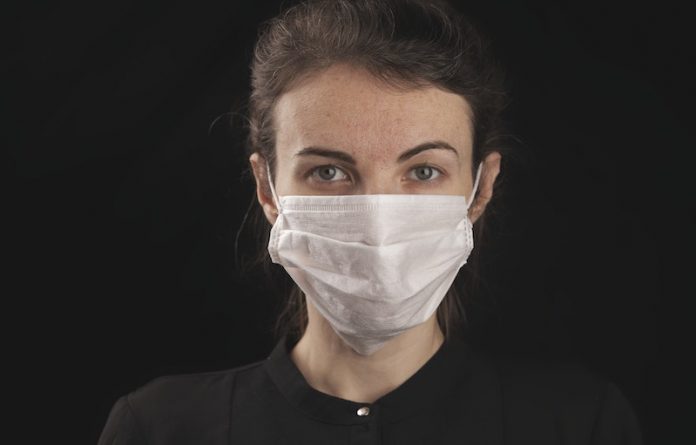
Scientists from the University of Surrey found what they believe to be robust metabolic markers of COVID.
It is a discovery that could lead to better understanding and treatments for people that suffer from symptoms of the disease months after diagnosis.
In the study, the team the blood samples of 164 hospital patients—123 with COVID-19 and 41 who provided a negative PCR test—across the first two waves of infection.
Nineteen positive patients also provided samples two to seven months after infection.
Using an artificial intelligence model, they identified six metabolites that can be used to identify COVID-19 with 91% accuracy.
They found that the effects of COVID-19 changed over time, with the first wave disrupting metabolites differently from the second.
While researchers showed that many patients’ metabolites relaxed back to normal levels once they had recovered from COVID-19, a small number continued to be disrupted for several months after infection.
This is the first time it has been demonstrated that COVID-19 is now affecting patients’ metabolism differently than it did in the initial wave—which we think is due to emerging variants.
It is known that different COVID variants have various associated symptoms, so it makes sense that this would relate to changes in blood chemistry.
With this in mind, the team then deployed artificial intelligence to identify biomarkers characteristic of COVID-19, regardless of the COVID wave.
This can help us better understand the limitations of the treatments being given and help to make better ones.
If you care about COVID, please read studies about the antibodies that block all the COVID-19 variants, and this antiviral drug could stop COVID-19.
For more information about health, please see recent studies that common drugs for anxiety and sleep problems may harm cognitive functions, and results showing new treatment options for COVID-19.
The research was published in the journal Metabolites and conducted by Dr. Holly-May Lewis et al.
Copyright © 2022 Knowridge Science Report. All rights reserved.



